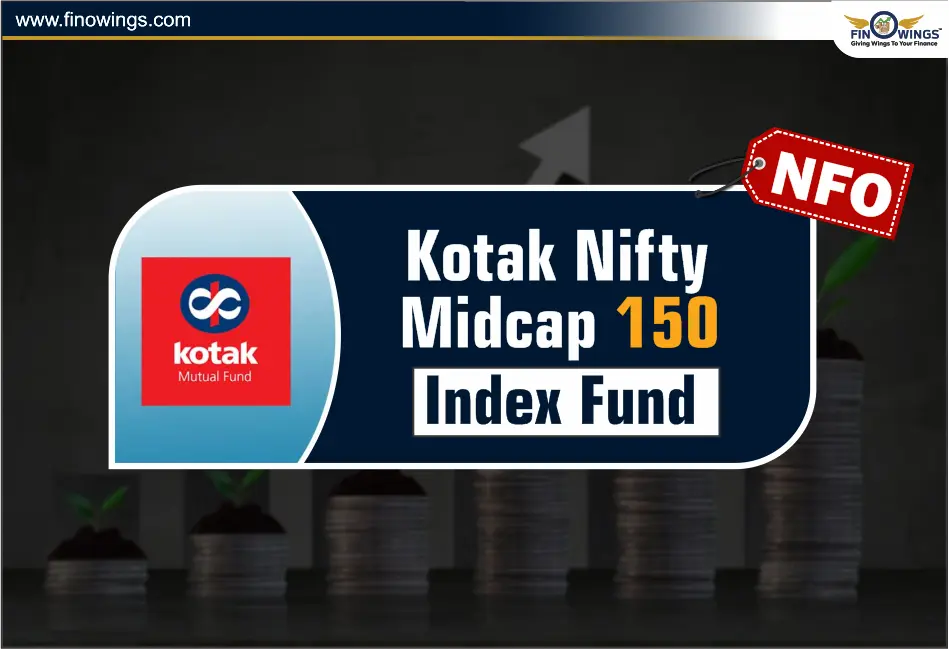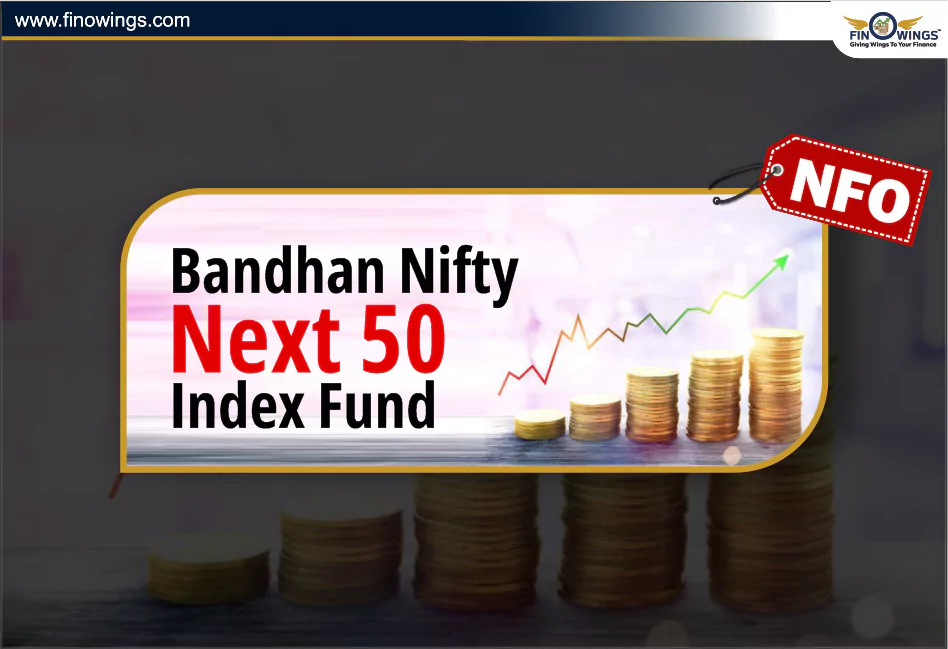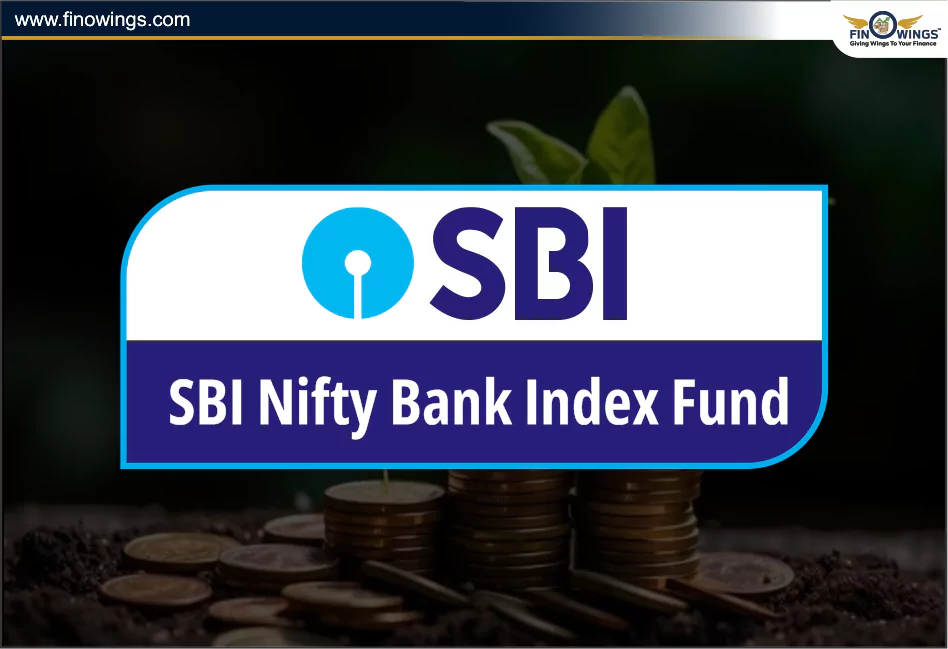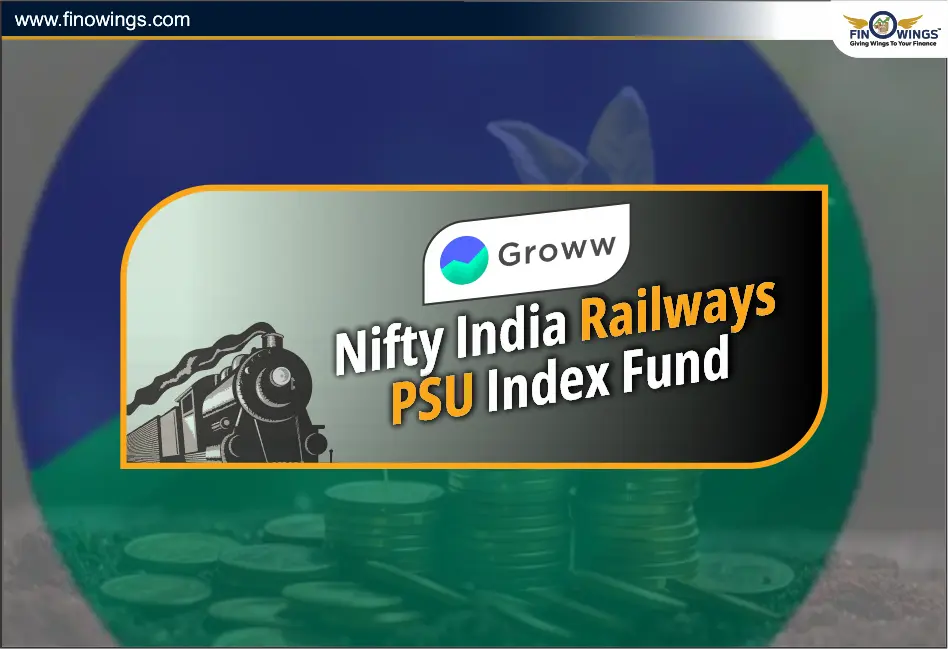Home >> Blog >> Mirae Asset Nifty PSU Bank ETF NFO: Date, Review & NAV
Mirae Asset Nifty PSU Bank ETF NFO: Date, Review & NAV
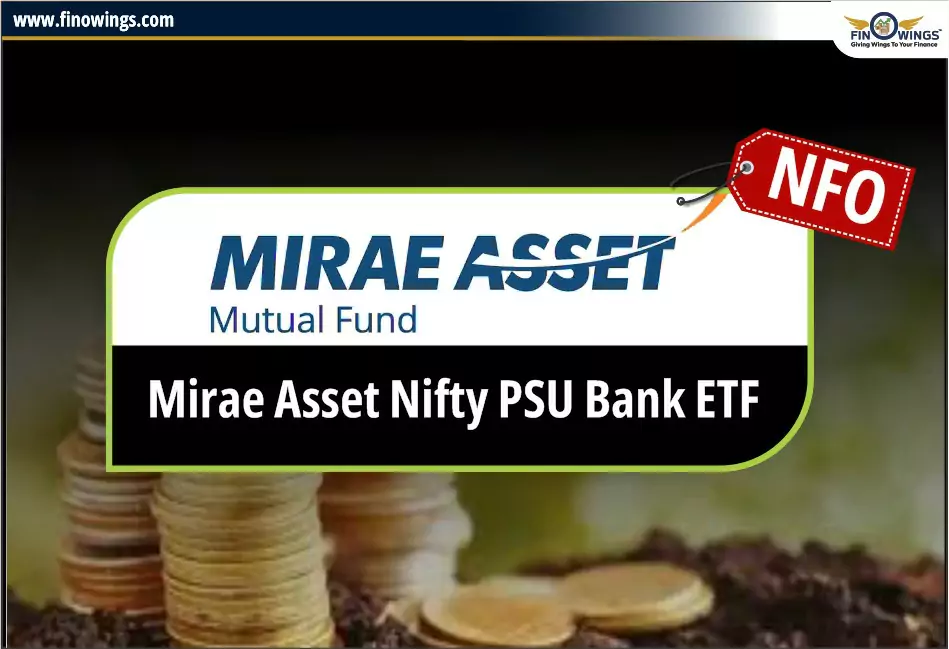
Table of Contents
- Mirae Asset Nifty PSU Bank ETF: Complete Overview
- Why Bank Sector?
- Indian Banking Industry
- Nifty Bank Index: Definition
- PSU Bank ETF: Eligibility for Companies
- Nifty Bank Index: Returns At Glance
- Mirae Asset ETF: Advantages
- Fund Suitability
- Mirae Asset Mutual Fund Details
- Fund Overview
- How to Invest in The Scheme After the Closure of The NFO?
- Peers of Mirae Asset Nifty PSU Bank ETF
- Risk Factors In Such Funds
- Past Performance of Nifty PSU Bank ETFs
- Mirae Asset Nifty PSU Bank ETF-Growth Fund Managers:
- Conclusion
Mirae Asset Nifty PSU Bank ETF: Complete Overview
Mirae Asset Mutual Fund launches Mirae Asset Nifty PSU Bank ETF on 24 September 2024 under its AMC Mirae Asset Investment Managers (India) Private Limited. It is an open-ended scheme that aims to replicate or track the Nifty PSU Bank Total Return Index.
The Mirae Asset Nifty PSU Bank ETF NFO has a subscription amount of Rs.5000 and a multiple of Rs.1 thereafter. The new fund offer will close on September 30, 2024, and subscribers may begin participating in this Mirae Asset NFO on September 24, 2024. This mutual fund scheme opens for ongoing sale and repurchase on October 03, 2024. The plan has a very high level of risk.
The Scheme will invest 95-100% of its securities included in the Nifty PSU Bank Index and 0-5% in Money market instruments, such as debt securities or Tri-Party REPO units as well as units of domestic debt or liquid schemes of mutual funds.
The primary objective of the Mirae Asset Nifty PSU Bank ETF is to produce returns subject to tracking inaccuracy, before expenditures, that are in line with the Nifty PSU Bank Index's performance. This ETF seeks to profit from PSU banks' recent outstanding performance, which over the last 3 years has outperformed that of private sector banks and several other sectoral indices. No returns are guaranteed or assured by the scheme.
“The PSU Bank ETF aims to provide focussed exposure to this segment which has the potential to continue on its current track of growth and profitability.”- Siddharth, Head of ETF Products & Fund Manager.
Keep reading to understand the offerings of this new NFO Mutual Fund below:
Why Bank Sector?
-
Important economic growth engine
-
Encourage Savings
-
EMI and credit cards
-
Industrial Advancement
-
Mobile wallets and online payments
-
Capitalization
-
Credit creation in the economy
-
Growth of International Trade.
Indian Banking Industry
-
Deposits- Rs.168.4 lac Cr.
-
CASA- 42.1%
-
N.I.I (Net Interest Income)- Rs.4.9 lac Cr.
-
Net Advances (Total)- Rs.130.7 lac Cr.
-
Profit After Tax- Rs.1.7 lac Cr.
-
Gross Non-Performing Assets (GNPA)- 4.5%
-
Corporate Advances- Rs.44.2 lac Cr.
-
Indian banks' capital positions have improved recently, with Tier 1 capital standing at 15% in FY22
-
There has been a noticeable decline in non-performing assets from their 2018 peak, and provisioning coverage has increased to above 65%. Despite the COVID-19 pandemic's two shock waves, slippages, and the ongoing normalization of credit costs, asset quality remained up
-
In Q3FY23, the net interest income of PVBs and PSBs increased by 26.7% and 24.6%, respectively, year over year. In comparison to PSBs, PVBs showed a larger growth in net interest income.
Nifty Bank Index: Definition
Included in the Nifty Bank Index are the largest and most liquid Indian banking stocks. A maximum of 12 companies listed on the National Stock Exchange of India make up the Index.
PSU Bank ETF: Eligibility for Companies
-
Companies should be included in the Nifty 500 at the time of the evaluation.
-
Companies ought to be involved in the banking industry.
-
Over the previous 6 months, the company's trading frequency should have been at least 90%.
-
The companies ought to have a 6-month listing history. If a company launches an initial public offering (IPO) and meets the standard eligibility requirements for the index, it will be eligible for inclusion in the index for 3 months rather than 6.
-
The only companies that can be index constituents are those that are permitted to trade in the F&O segment.
-
The final 12 companies will be chosen based on their free-float market capitalization.
-
Each stock's weight in the index is determined by taking into account its market capitalization on a free-float basis.
-
Upon rebalancing, the combined weight of the top three stocks cannot exceed 62%, and no single stock may have a weight of more than 33%.
Nifty Bank Index: Returns At Glance
The 1-year, 7-year, and 10-year returns of the Nifty Bank Index have been 11.0%, 16.2%, and 16.8% while the Nifty 50 Index’s returns have been 4.6%, 14.7%, and 14.6% respectively.
Mirae Asset ETF: Advantages
Constant liquidity- Around the most recent real-time NAV (iNAV) offered by Authorized Participants (APs) on the exchange.
Minimal exchange spread- Reduced effective spread when brokerage and the Securities Transaction Tax (STT) are taken into account. The AP can quote at a price that can be negotiated for large orders, with an effective spread of about 0 bps.
Committed ETF team- To accelerate all procedures
Comparatively low trading expenses for Mirae Asset ETFs
Fund Suitability
Nifty PSU Bank ETF from Mirae Asset is suitable for investors who are looking for:
-
Returns corresponding to the Nifty PSU Bank TRI's performance, that are subject to tracking inaccuracy over a long horizon
-
Invest in Nifty PSU Bank TRI-covered securities.
Scheme Plan:
This Scheme has no different plans.
Mirae Asset Mutual Fund Details
-
They oversee assets in 38 schemes in India, with an AUM exceeding Rs.16,1740.88 crore.
-
Mirae Asset is among the AMCs in India growing at the fastest rate. The number of folios rose from 51,304 in 2013 to over 11 lac in 2018, all within just 5 years.
Click Here To Stay Updated With The Upcoming NFOs.
Fund Overview
|
Start Date |
24 September 2024 |
|
End Date |
30 September 2024 |
|
Allotment Date/Subscription Date/Re-open Date |
The scheme reopens on October 03, 2024, for continuous sale and repurchase. |
|
VRO Rating |
- |
|
Expense Ratio |
Nil |
|
Exit Load |
Nil |
|
AUM |
Rs.161740.88 lac crore. |
|
Lock-in |
NA |
|
Stamp Duty |
0.005% (From July 1st 2020) |
|
Benchmark(s) |
Nifty PSU Bank TRI |
|
Min. Investment |
Rs.5000 and in multiples of Rs.1. |
|
Risk |
Very High Risk |
|
Short-Term Capital Gains (STCG) |
For less than 2 years, as per Tax Slab. |
|
Long-Term Capital Gains (LTCG) |
For more than 2 years, a 12.50% Tax is applicable. |
How to Invest in The Scheme After the Closure of The NFO?
If you have missed participating in the NFO and now want to invest in the same Scheme on a continuous basis, then on October 03, 2024, when the Scheme will reopen; you will have the option to participate and invest directly in the Mutual Fund by spending at NAV based price by logging on to your Demat account and search for “Mirae Asset Nifty PSU Bank ETF” or directly with the AMC or simply click the ‘Banner’ below.
Asset Allocation (% of Total Assets) of the Scheme's portfolio will be as follows
|
Types of Instruments |
Minimum Allocation (% of Total Assets) |
Maximum Allocation (% of Total Assets) |
|
Securities included in the Nifty PSU Bank Index |
95 |
100 |
|
Money market instruments, such as debt securities or Tri-Party REPO units, as well as units of domestic mutual funds' debt or liquid schemes. |
0 |
5 |
Peers of Mirae Asset Nifty PSU Bank ETF
|
Scheme |
1Y Return |
AUM (Rs.) / Fund Size (Rs.) |
|
Nippon India ETF Nifty PSU Bank BeES |
32.1% |
2501.61 Cr. |
|
DSP Nifty PSU Bank ETF |
32.01% |
41.98 Cr. |
Since this scheme is new, hence no comparable data on its past performance against its peers is available.
Risk Factors In Such Funds
-
The Scheme's NAV will respond to changes in the securities market. The volatility of the Scheme's net asset value (NAV) in reaction to many variables, including but not limited to political, social, economic, or diplomatic developments, may result in losses for the Investor over brief or extended periods.
-
Despite the Scheme's listing on the NSE and BSE, there is no guarantee that an active secondary market will emerge or continue to exist.
-
Unit Trading Could Be Ceased.
-
Insufficient Market Liquidity.
-
The Scheme will not be actively managed because it plans to invest at least 95% of its net assets in the underlying Index's securities. A general fall in the Indian markets with respect to its underlying index may have an impact on the Scheme that is connected to it.
-
Despite the Scheme's NSE/BSE listing, there is no guarantee that an active secondary market will form or persist.
Past Performance of Nifty PSU Bank ETFs
|
Scheme |
NAV (Rs.) |
Annualised Return |
Risk |
|
HDFC Nifty PSU Bank ETF-Growth |
68.34 |
4.67% |
Very High |
|
DSP Nifty PSU Bank ETF |
68.07 |
32.01% |
Very High |
Mirae Asset Nifty PSU Bank ETF-Growth Fund Managers:
-
Ms. Ekta Gala
-
Mr. Akshay Udeshi
Conclusion
The Mirae Asset Bank ETF offers investors a unique domestic niche where they can take advantage of Indian public sector banks' growth and performance. It is however cheaper and passively managed and hence the ETF aims to replicate the performance of the Nifty PSU Bank Index.
This one is more risky but the long-term growth potential is attractive due to the underlying fundamentals of the banking industry herein improving. However, returns can not be guaranteed. Your investing horizon and risk tolerance should be taken into account.
Disclaimer: This NFO analysis is provided solely for informative purposes and should not be considered investment advice. Always conduct research and talk with a financial advisor before investing.
Frequently Asked Questions
NAV is Rs.10 during the ongoing NFO period as of 25 September 2024
Applying for the NFO is just one click away. You can simply click here to buy best mutual fund.
The minimum investment for the Scheme is Rs.5000.












